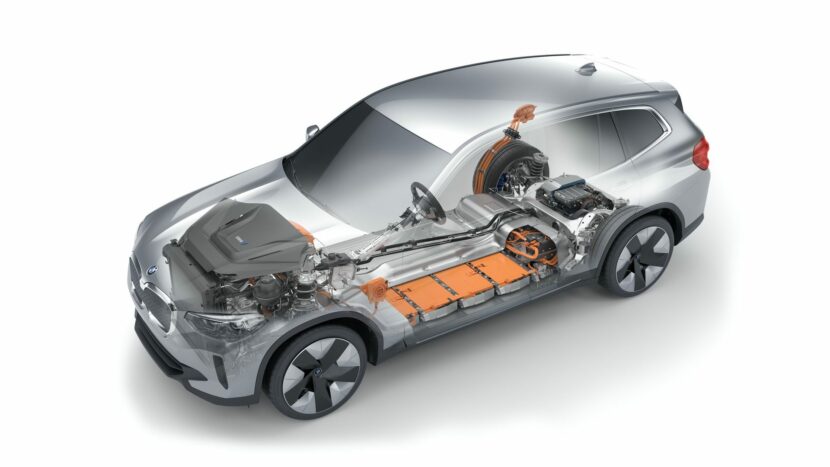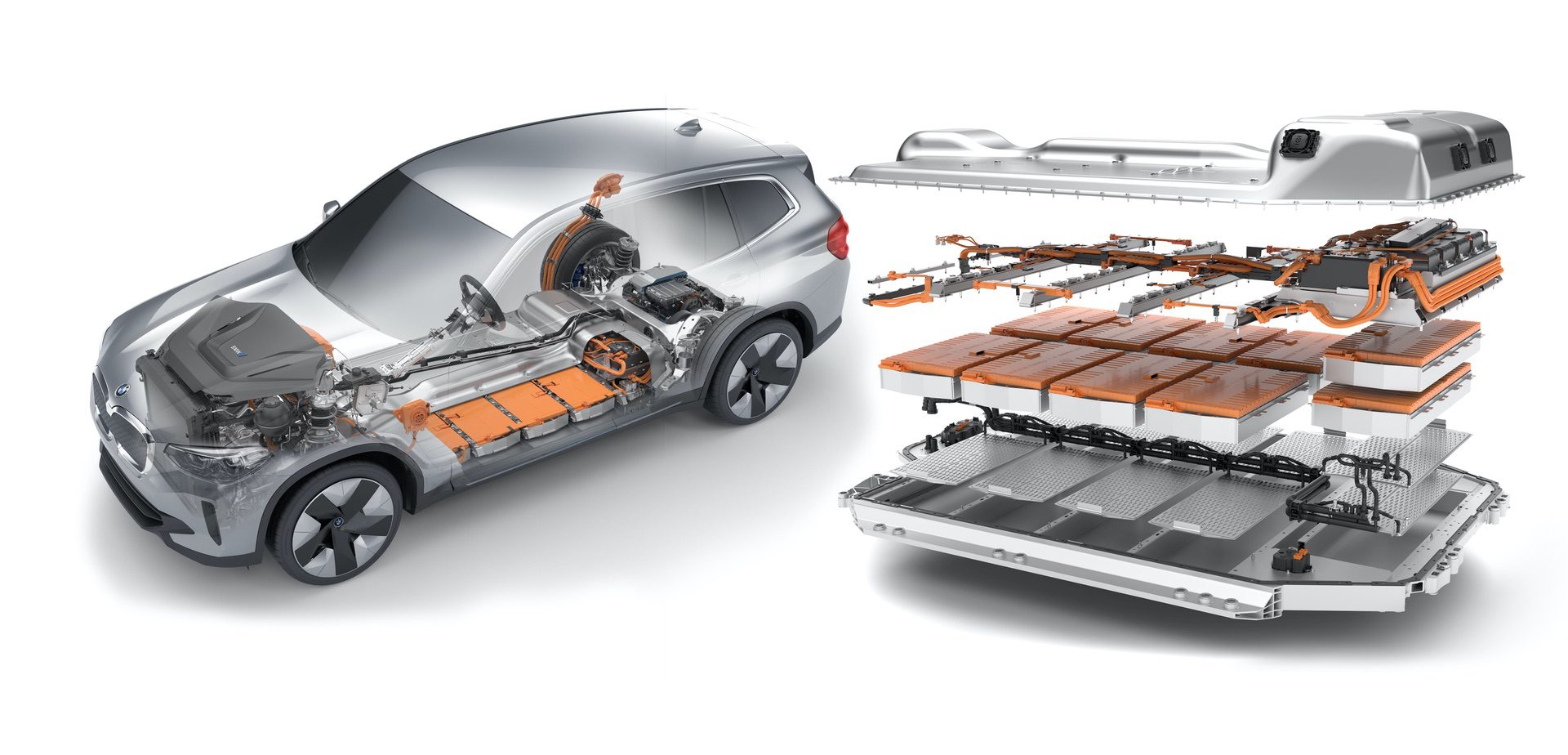Unlike the Volkswagen Group or General Motors, BMW has refrained from taking matters into its own hands to build battery plants. Archrival Mercedes is also expanding its battery manufacturing footprint globally to support its electric car product onslaught. But why isn’t your favorite automaker following suit? Chief Technology Officer Frank Weber provided an explanation in June 2021 in an interview with The Drive.
BMW’s CTO said battery tech keeps evolving and frequent changes to the cell chemistry make it unfeasible to invest in a factory to build a certain type of battery pack. At the same time, the Bavarian marque sees solid state batteries as the future, but they’re not ready yet for mass production.

An EV prototype with the hugely promising battery tech will be operational by 2025. The same year, the Neue Klasse platform will debut with support for solid state batteries. However, a production car won’t arrive until the end of the decade.
In the meantime, BMW says it will be teaming up with partners to build five battery gigafactories around the world. They’ll be strategically positioned where the company is making EVs in order to cut logistics costs. The announcement was made by Joachim Post, a member of the Board of Management. From the beginning of the year, the executive has been leading the Purchasing and Supplier Network division.
BMW And Its Partners Will Build Five Battery Gigafactories
Speaking during the BMW Group’s Annual Media Conference, Joachim Post outlined battery production plans. “In the future, we will also operate gigafactories in the regions where we produce electric cars”. He didn’t go into specifics, but deals have been signed with partners such as CATL, Northvolt, and Samsung SDI.
BMW certainly needs strong battery supply chains to bolster its EV portfolio. CEO Oliver Zipse has announced an ambitious target for battery-powered electric cars to account for at least half of the total sales by 2030. That is when Rolls-Royce will go purely electric, with MINI to ditch the combustion engine early in the next decade.
Including pre-series EVs, BMW will already have no fewer than 15 EVs in production this year. These will include a trio of sedan newcomers, such as the i3 (China), i5 (pre-production), and the hotly anticipated i7.
Source: Manager Magazin, The Drive


















































